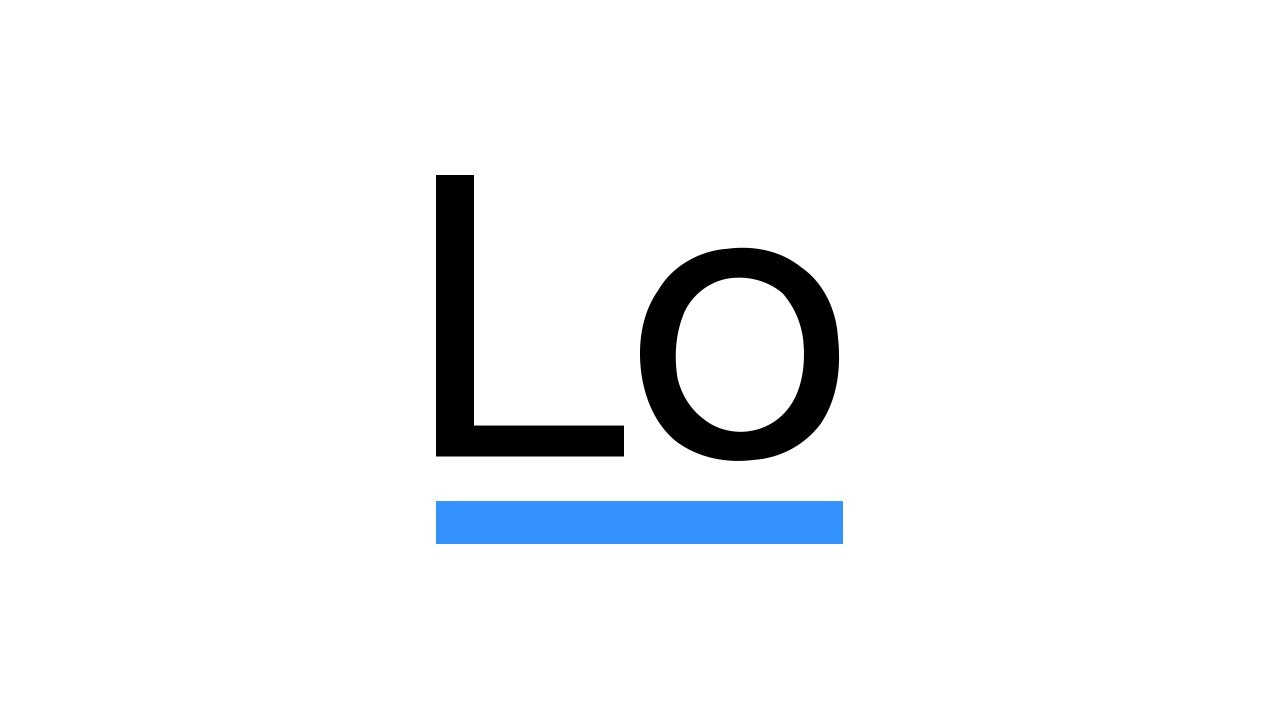
Taum is planning to celebrate the birthday of his friend, Diksha. There are two types of gifts that Diksha wants from Taum: one is black and the other is white. To make her happy, Taum has to buy b black gifts and w white gifts.
- The cost of each black gift is bc units.
- The cost of every white gift is wc units.
- The cost of converting each black gift into white gift or vice versa is z units.
Help Taum by deducing the minimum amount he needs to spend on Diksha’s gifts.
For example, if Taum wants to buy b = 3 black gifts and w = 5 white gifts at a cost of bc = 3, wc = 4 and conversion cost z = 1, we see that he can buy a black gift for 3 and convert it to a white gift for 1, making the total cost of each white gift 4. That matches the cost of a white gift, so he can do that or just buy black gifts and white gifts. Either way, the overall cost is 3 * 3 + 5 * 4 = 29.
Function Description
Complete the function taumBday in the editor below. It should return the minimal cost of obtaining the desired gifts.
taumBday has the following parameter(s):
- b: the number of black gifts
- w: the number of white gifts
- bc: the cost of a black gift
- wc: the cost of a white gift
- z: the cost to convert one color gift to the other color
Input Format
The first line will contain an integer t, the number of test cases.
The next t pairs of lines are as follows:
- The first line contains the values of integers b and w.
- The next line contains the values of integers bc, wc, and z.
Constraints
Output Format
t lines, each containing an integer: the minimum amount of units Taum needs to spend on gifts.
Sample Input
1 | 5 |
Sample Output
1 | 20 |
Explanation
- Test Case #01:
Since black gifts cost the same as white, there is no benefit to converting the gifts. Taum will have to buy each gift for 1 unit. The cost of buying all gifts will be:
b * bc + w * wc = 10 * 1 + 10 * 1 = 20.
- Test Case #02:
Again, we can’t decrease the cost of black or white gifts by converting colors. z is too high. We will buy gifts at their original prices, so the cost of buying all gifts will be:
b * bc + w * wc = 5 * 2 + 9 * 3 = 10 + 27 = 37.
- Test Case #03:
Since bc > wc + z, we will buy
b + w = 3 + 6 = 9white gifts at their original price of 1. b = 3 of the gifts must be black, and the cost per conversion, z = 1. Total cost is9 * 1 + 3 * 1 = 12.
- Test Case #04:
Similarly, we will buy w = 7 white gifts at their original price, wc = 2. For black gifts, we will first buy white ones and color them to black, so that their cost will be reduced to
wc + z = 2 + 1 = 3. So cost of buying all gifts will be:7 * 3 + 7 * 2 = 35.
- Test Case #05:
We will buy black gifts at their original price, bc = 1. For white gifts, we will first black gifts worth bc = 1 unit and color them to white for z = 2 units. The cost for white gifts is reduced to
wc = bc + z = 2 + 1 = 3units. The cost of buying all gifts will be:3 * 1 + 3 * 3 = 3 + 9 = 12.
Solution Accepted
1 | function taumBday(b, w, bc, wc, z) { |
Solution Wrong Answer
1 | function taumBday(b, w, bc, wc, z) { |
Solution Wrong Answer
1 | function taumBday(b, w, bc, wc, z) { |


